Sponsored By:

LEARN MORE >>>

Why do we keep pushing in this industry? What are the accomplishments, despite the challenges?
What human capital challenges keep you up at night? What are your current and planned strategies to improve your recruiting and retention issues
Proactive vs. Reactive – What reframing do we need to do, as an industry, to educate and advocate with regulators to create standards?
Where do we go from here?


Chris served as the founding editor of MJBiz during the company’s launch in 2011, becoming the first journalist in the United States to focus exclusively on covering the business of cannabis. As CEO of MJBiz, he now guides the strategic vision of the company while educating mainstream industries about the marijuana and hemp sectors. He’s also the host of the podcast Seed to CEO. Chris has been quoted as one of America’s foremost cannabis industry analysts by dozens of media outlets, including Harvard Business Review, CNBC and the New York Times. He earned an MBA in international business from Regis University.

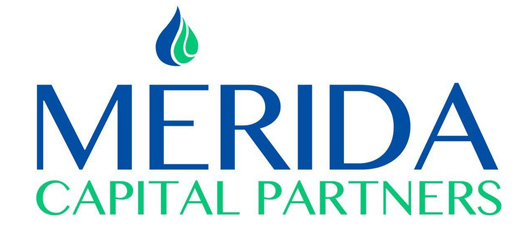
Mr. Kelley is Senior Operating Partner for Merida Capital Partners where he has helped build cannabis operations across the country. He is a board member of Brytemap and Nautilus Botanicals. Kelley also serves on the editorial board for Cannabis Dispensary Magazine and the Cannabis Business Times Conference, and is a frequent contributor to both.
Prior to Merida Mr. Kelley served as the Chief Financial Officer and Chief Operating Officer of LeafLine Labs. Additionally, he has held management roles at Dun & Bradstreet, Investors Bank & Trust, Wind River Capital Management, and Fresenius Medical Care. He has consulted to the SAP Business Incubator and the Civilian Research & Development Fund. Mr. Kelley earned his BSBA in Management and Finance from Bryant University in Rhode Island.

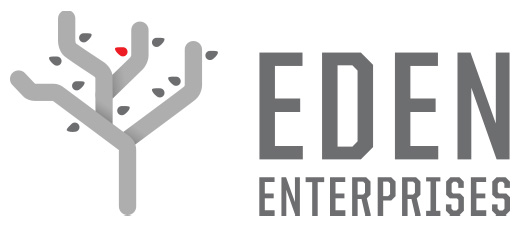
Prior to her current position as the Chief Licensing & Regulatory Officer with one of the California’s pioneering vertically integrated cannabis and hemp operators Eden Enterprises, Inc., Pamela was the Founder of Green Wise Companies – Green Wise Legal & Green Wise Consulting, California’s premiere full-service cannabis consulting company and law firm, providing a range of legal, consulting, business development and application permitting services to every facet of the cannabis industry. Pamela’s diverse background, inclusive of legal, land use, and environmental work, placed her in a unique position to lead and advise her clients and the cannabis community in general.
Pamela has become known as a fearless advocate for local cannabis businesses along the supply chain guiding them through the ever-changing legal and regulatory landscape. Recognized as an expert in her field, Pamela serves as a featured speaker, providing energetic and compelling commentary focused on topics such as land use and zoning, regulatory compliance and environmental issues. Pamela’s mission is to advance industry and foster stability and growth.
Pamela is a trusted resource for local governments looking to effectively regulate cannabis within their jurisdictions and has served as the Special City Attorney for the City of Hollister regarding their Commercial Cannabis Ordinance. She is proud to serve as current President of the California Cannabis Industry Association’s ("CCIA") Board of Directors.

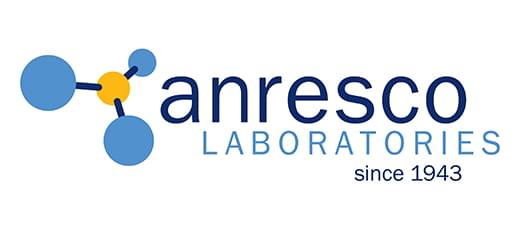
Sarah Otis is the Director of QA and Special Projects for Anresco Laboratories in San Francisco, California. Sarah is an analytical chemist with over a decade of experience in the cannabis industry spanning multiple legalized States. Sarah’s expertise is in quality assurance and regulatory compliance, and for the last 7 years she has been focusing her skill set and efforts on advancing regulatory and R&D testing and laboratory operations for cannabis and hemp testing laboratories. Her experience and knowledge also branch into other aspects of the industry such as licensing, cultivation, extraction, and cannabis infused product formulation and production.


Former commissioner, Deborah Miran, was a member of the Natalie M. LaPrade Maryland Medical Cannabis Commission from 2013- 2016. While serving on the commission, she was also a member of the executive committee, policy, and research subcommittees, and was chair of the education subcommittee. She was responsible for developing education programs for doctors and patients, and was also an integral part of crafting the current regulations. Prior to the commission she was president and founder of Miran Consulting, Inc. There she advised both brand and generic drug makers on the FDA approval process. Ms. Miran was senior director of regulatory affairs for Alpharma, a generic drug manufacturer, where she directed the submission activities for new and abbreviated new drug applications to the FDA. She has spent over 30 years in the US pharmaceutical industry. Ms. Miran received her bachelor of science in chemistry from Iowa State University.

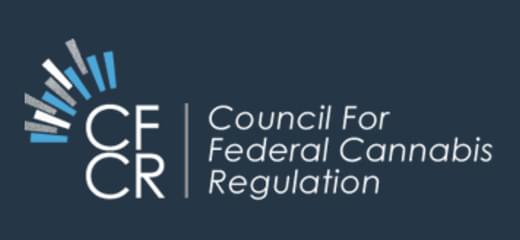
If my career could be summed up in a sentence, I am a creator, problem solver, and solutions provider across verticals and on a national and international level. With 30 years of legal, business, and public service experience, I have enjoyed serving as a federal prosecutor, presidential appointee, and US delegate and worked as a corporate attorney, entrepreneur, venture capitalist, and turn-around expert. I also have been engaged in mentoring and philanthropy most of my adult life. These experiences give me a unique and well-informed perspective which I bring to the nascent cannabis industry.
In my business life I have acquired and operated companies steeped in chaos and tangled in regulatory and financial difficulties and restored them to fiscal health and compliance, creating jobs along the way. I have insisted on the highest ethical standards for the many businesses I have owned, led, or advised. And, most of all, I am an expert in making order out of chaos and navigating change, with the deep understanding of the disruption inherent in any transition.

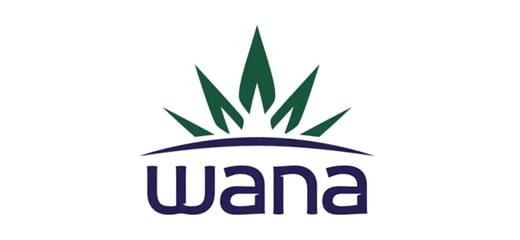
Hennesy oversees Wana Brands’ R&D program, new product design, educational training content and partnerships with emerging cannabis technologies. He led the team in creating Wana’s new line of fast-acting Quick gummies, that rank in the top 10 best-selling edibles in Colorado, and use an innovative encapsulation technique to increase the bioavailability of cannabinoids and take effect quickly. Hennesy directed the development of Wana’s unique proprietary terpene blends. He also created Wana’s online interactive training program that covers the science of the endocannabinoid system. Previously, Hennesy managed Wana’s sales team of seven, where the quickly growing business proved demanding but rewarding as his team expanded Wana’s shelf presence in the vast majority of Colorado’s dispensaries with a three-year growth rate of 203%. In 2021, Hennesy graduated from the nation’s first Master’s Program for Cannabis Science and Therapeutics at The University of Maryland’s School of Pharmacy.

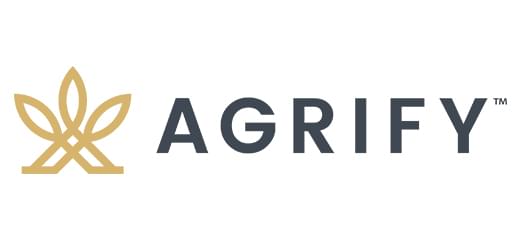
David Kessler is Chief Science Officer at Agrify, the most innovative provider of advanced cultivation and extraction solutions for the cannabis industry. He has 20+ years of cannabis cultivation experience including 10 years of CEA (closed environmental agriculture) indoor farm design. David’s focus on the application of technology to optimize process & workflow while reducing operational costs are a common theme throughout his prolific industry publications. David has written for such companies as Sunlight Supply, Maximum Yield Magazine, Botanicare, and Hawthorne Gardening Company. David also regularly lectures at many cannabis industry events including MJBizCon Las Vegas, Cannabis Science Conference Baltimore, and Michigan’s Cannabis-Aid.
David has also worked as a consultant to Universities and the Hollywood film industry, working on several blockbuster Hollywood films including: The Hunger Games, The Divergent film franchise, and Marvel’s Black Panther.
David’s decades of experience with horticultural lighting have allowed him the opportunity to be a product tester for companies such as Sharp Electronics and the Horticultural Lighting Group. David has worked with independent 3rd party laboratories to provide unbiased testing data comparing the performance of a multitude of horticultural lighting manufacturers.
Additionally, David is the proprietor of Willowbrook Orchids, an orchid nursery specializing in Paphiopedilums and Phragmipediums.
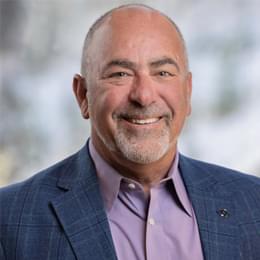

As urban-gro's Executive Vice President of Business Developments, Sam Andras brings decades of architectural and engineering design experience to the urban-gro executive team. Previously, Mr. Andras was the senior principal and partner at MJ12 Design Studio, Inc. and 2WR + Partners prior to the firms’ acquisition by urban-gro in 2021.
As the son of a general contractor, Sam has built an architectural career focusing on long-term quality. His experience working in his family business as a young professional has given him a strong understanding of construction means and methods far beyond a typical architect. His expertise has helped urban-gro become the first fully integrated architecture and engineering design firm focused on Controlled Environment Agriculture.
Sam continues to develop the Company's Controlled Environment Agriculture facilities across North America and Europe. Sam holds a Bachelor's Degree in Architecture from Florida A&M University and continues to support urban-gro in advancing design, engineering, and integrating complex environmental equipment systems into high-performance facilities.


Mark Anthony Flores is an accomplished marketing strategist with 20 years of CPG experience. Being in the cannabis industry for the last 7 years, he has developed multiple cannabis and dispensary brands, integrated campaigns for MSOs, and experiential work that has all driven brand engagement, equity, and tied to increased sales. Three years ago, Flores was a founding member of a cannabis specific creative boutique agency but has since moved to AE Global where he is launching a Creative Services integrated agency with the packaging giant to streamline client processes and create more efficiencies in the consumer experience through marketing and packaging.

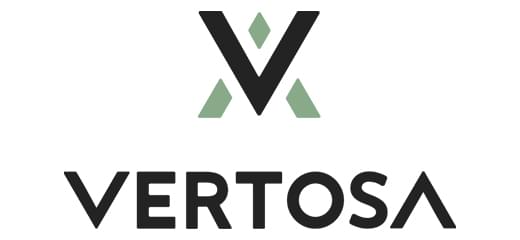
As the CSO and co-founder of Vertosa, Dr. Harold Han spearheads the development of industry-leading, customized active ingredients for infused product makers, offering pre-suspended aqueous solutions to create incredibly homogeneous, stable products while maximizing bioavailability, clarity, and taste. His work at Vertosa combines his storied background in emulsion chemistry and science with curiosity and fascination in the rapidly growing cannabis industry. Developing nano and micro emulsions his entire career, Harold holds a Ph.D. in Surface Chemistry from NYU and is the author of two patents in emulsion chemistry. Before founding Vertosa, Harold was the senior emulsion scientist at Bio-Rad Laboratories, where his team scaled emulsification oil and supplied products to over 90 countries.

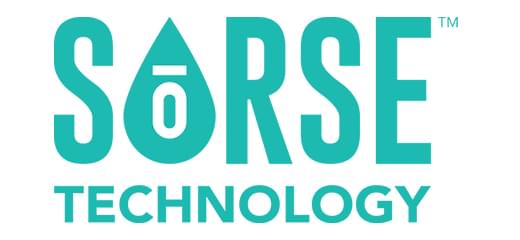
Daniel Sondheim is the Director of Medical Platform Initiatives at SōRSE Technology, working with groups interested in the medical application of cannabinoids, providing guidance and information on applications that require further evaluation than that of nutritional supplements and food. In his time at SōRSE, Daniel has also developed intellectual property and worked with attorneys to file patent and trademark protections. He is a member of the AOAC advisory panel helping to develop standards and testing methods for the cannabis industry.
Prior to SōRSE, Daniel worked at the University of Washington as a Research Scientist Engineer for GU Cancer Research. He supervised a team of two pre-clinical researchers and created protocols that adhered to regulations for simultaneous preclinical studies. He also served as the team leader for tissue acquisition necropsy for the Prostate and Bladder Cancer Donor program.
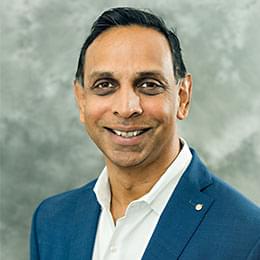
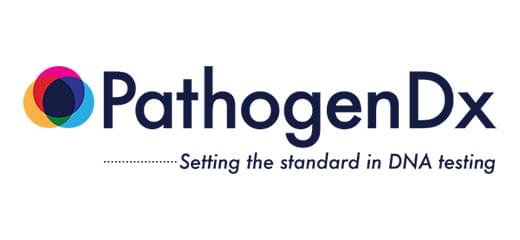
Mr. Patel leads the strategic vision, financial health and global growth of PathogenDx, a Scottsdale, AZ based company which provides disruptive DNA-based pathogen testing technology and solutions for the cannabis, botanical, food and agricultural industries.
Previously, Mr. Patel spent over 25 years working with large public, small private and entrepreneurial companies in numerous fields from the life sciences, to biotechnology, to government services and the automotive industry. Milan served as COO/CFO of GMSbiotech. He also was CFO of 2020 Company, LLC, a leading premier professional services firm that delivered business and technology solutions to the government, in the areas of health, education and science.
Mr. Patel also worked at Intel Corporation in Sales & Marketing, Finance and Manufacturing. He has extensive experience in corporate finance, mergers and acquisitions, business strategy and planning, infrastructure and organizational development, and controls, compliance and audit and has led several company exits.
Milan earned his BS in Electrical and Electronics Engineering from the University of Detroit Mercy; a MS in Biomedical/Medical Engineering, University of Michigan; and a MBA in Finance and Marketing, University of Detroit Mercy.

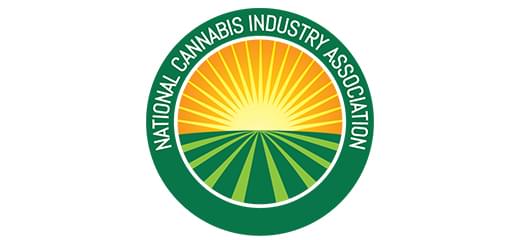
Michael Correia is director of government relations for the National Cannabis Industry Association. His focus is raising awareness and building support for the cannabis industry’s issues on Capitol Hill. In addition, Michael works with other national organizations to increase the cannabis industry profile nationally. Prior to joining NCIA, Michael spent many years working on Capitol Hill, including working for Rep. George Radanovich (R-CA), who retired in 2010, and the House Committee on Resources, serving three different Chairmen. Previously, he was director of federal affairs for the American Legislative Exchange Council (ALEC) and senior project manager for the Committee for Responsible Federal Budget. In both positions, he advocated for policies in Congress. A campaign veteran, he has worked and volunteered on numerous political campaigns at the local, state, and federal levels over the past two decades. Michael is a graduate of the University of California, San Diego. A native of San Diego, he resides in Washington, D.C.